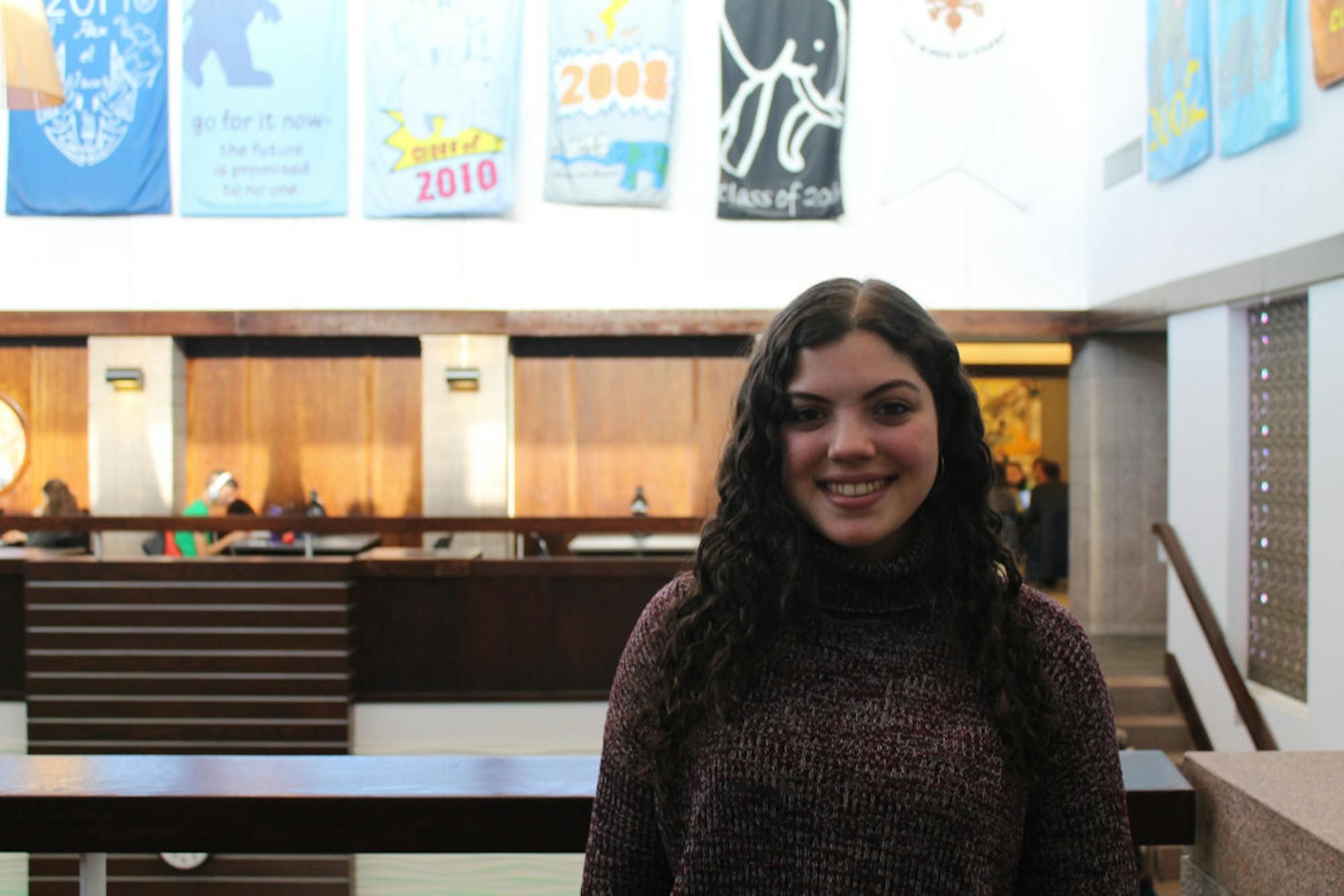Tufts Community Union (TCU) Judiciary will be reviving its Judicial Advocacy Program next semester, which pairs students in violation of the Tufts Code of Conduct with a trained student advisor to advocate on their behalf during meetings and hearings and help them navigate the judicial process.
The new program improves upon the previous advocates program, which became inactive due to lack of student interest, according to TCU Judiciary Advocacy Chair Sophia Gomez. The new program adopts the same mission, but is being developed in a more sustainable way.
"This year, there have been people that have asked for advocates, and we don't have any, and so that's why we're trying to restart it," Gomez, a first-year, explained.
Judicial Affairs Administrator Mickey Toogood, who is working closely with the TCU Judiciary on developing the program, said that the advocates will be an available resource to students throughout all stages of the judicial process -- from drafting an initial response when a case is filed to meetings with deans and involved faculty to the final hearing.
While students can still opt to have an advocate who is not part of the Judicial Advocacy Program and who may know them better on a personal level, the benefit of choosing an advocate from the program is that he or she is formally trained in the judicial process and is familiar with the judicial system, according to Toogood.
"Advocates become familiar with both the policies on campus and with the process, so they can say, 'You know, if you write that down, that sort of makes you look culpable, don't write that,' which is something I can't say," he said.
Toogood explained that cases go to hearings if the evidence supporting the violation is disputable or if he thinks that the case warrants an additional opinion.
"One of the reasons I'm interested in reviving the advocates program is that I'm interested in taking more cases to hearings," he noted.
According to Toogood, as more student cases go to hearing, the advocacy program will become an even more relevant and important resource.
"In a hearing, you have five other perspectives in the room to discuss the violation, the policy surrounding that violation, the response to the violation and what we think should happen," he said. "The advocates support that process."
Gomez highlighted that confidentiality distinguishes advocates from other students and faculty involved in the judicial process. While deans and TCU Judiciary members can be useful in explaining how the process works, they are required to report any disclosed information relevant to the case. Having a confidential resource who understands the judicial system can be very helpful for students.
"The student can feel free to tell them anything about the matter, and the advocate is not obliged to tell the jury during the hearings," Gomez said.
The advocate is not the only student involved in the hearing process -- two students from the TCU Judiciary sit in on all hearings as representatives of the student body, except for those regarding sexual assault, according to Gomez. Since these students are involved in making the decision, however, they are not allowed to advocate on behalf of the student in the same ways the advocate can.
"It can be really intimidating to advocate for yourself when it's just you and there's a dean present and faculty and students you don’t know," Gomez said. "We think that having the advocate with you would make a student a lot more comfortable during the hearing. For example, the advocate can say, ‘I think we need to take a five-minute break,’ and can even speak a little bit for the student if they're having trouble articulating. I think it’s helpful and more fair for the student to have an advocate."
Toogood said that he hopes that the advocates program, as a representative body, will attract students from all parts of campus so that students have a variety of advocates to choose from.
Gomez explained that in order to develop an initial group of advocates, all interested students will be accepted to the program this semester. Toogood added that he expects that this first round of advocates will be trained by the start of the spring semester.
Moving forward, students will need to apply for the position, which is expected to be a one-year term, though the TCU Judiciary is still working out the logistics of the program, according to Gomez.
TCU Judiciary to revive advocates program






